History
RDMO was funded by the DFG in two project phases and then transferred to a community-based working group. In the first phase of the project, the Leibniz Institute for Astrophysics Potsdam (AIP) and the Department of Information Sciences of the University of Applied Sciences Potsdam were involved, in the second phase also the library of the Karlsruhe Institute of Technology (KIT). Here we document excerpts of project descriptions and results of the DFG funding phases.
First projekt phase (11/2015-04/2017)
Project description
The aim of the project was to provide a tool that supports the structured planning, implementation and administration of research data management and also enables the textual output of a data management plan (DMP).
Special online tools for creating DMPs have previously been developed by several institutions. Pioneers were the Digital Curation Centre (DCC) in UK with DMPonline, the California Digital Library (CDL) with DMPTool, and in Germany the Universität Bielefeld.
These instruments support researchers primarily in the creation of DMPs in accordance with the specifications of the respective funder. While they are useful tools in the context of the application, they are essentially limited to the questions relevant for this purpose and therefore do not exploit the full potential of DMPs.
In addition to the documentation of research data management, DMPs can also be used to optimize the planning of research data management in advance, to support implementation during the project - as a guide - and thus to increase the efficiency and quality of scientific work. In this case, the scientist would probably have a higher motivation to create a DMP for their own benefit.
Building on external and own preparatory work (see WissGrid-Leitfaden zum Forschungsdatenmanagement), the project provided a tool that supports the structured planning, implementation and administration of research data management instead of just generating a text for funding applications. The tool can also be used as an accompanying instrument for the course of the project.
Work packages
-
Concept: Development of content, logical structure and operating procedure of the planned tool for research data management plans.
-
Software: Includes the technical implementation, software architecture and data model. The application’s source code was released under an open license during the development phase and has since been available at github.com/rdmorganiser.
-
Testing by Community and Users: Exchange with target groups for requirements gathering and evaluation of prototypes of the RDMO tool. At the end of the first project phase, the final version of RDMO was presented to the community in a final workshop.
Publications
Neuroth, H., Engelhardt, C., Klar, J., Ludwig, J., & Enke, H. (2018). Aktives Forschungsdatenmanagement, ABI Technik, 38(1), 55-64. doi: https://doi.org/10.1515/abitech-2018-0008
Engelhardt, C., Enke, H., Klar, J., Ludwig, J., & Neuroth, H. (2017). Research data management organiser. In Proceedings of the 14th International Conference on Digital Preservation, 25-29. http://www.ipres-conference.org/ipres17/ipres2017.jp/wp-content/uploads/27Claudia-Engelhardt.pdf
Former DFG Projekt Team
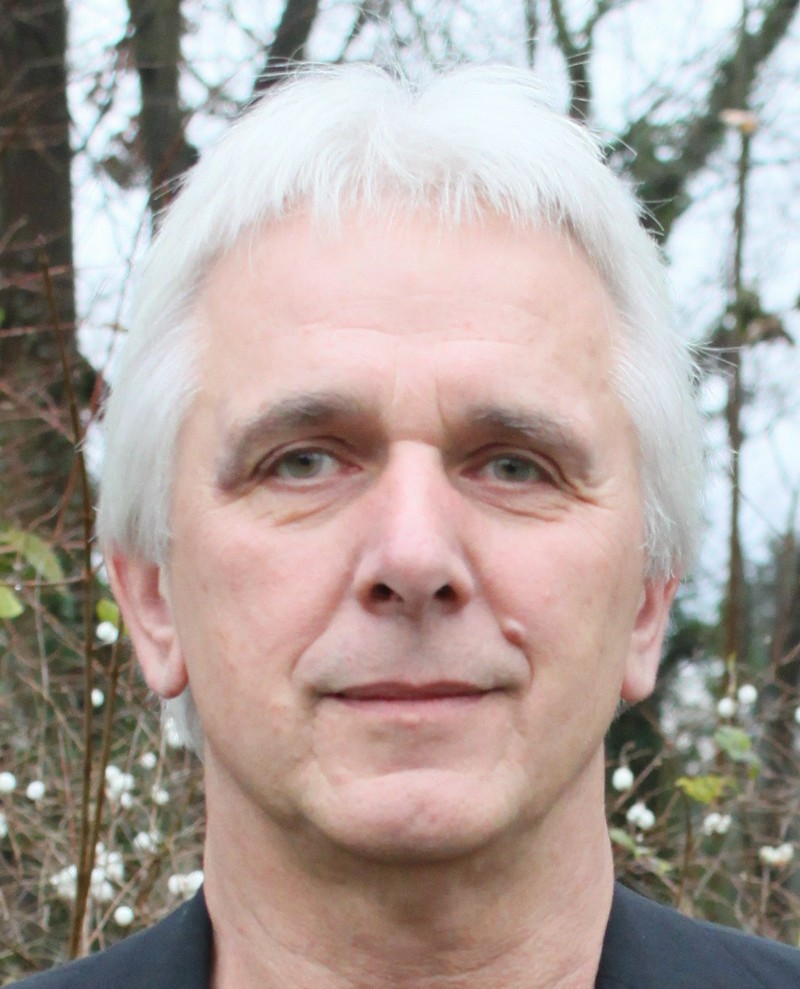
Harry Enke
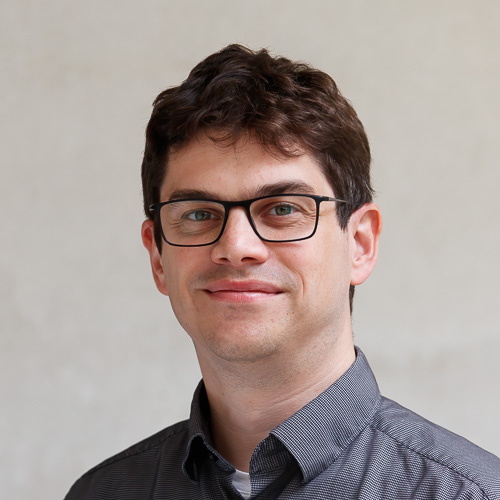
Jochen Klar

Claudia Kramer is a subject librarian at the Library of the Karlsruhe Institute of Technology (KIT). As the leader of the serviceteam rdm@kit, she coordinates its research data management projects.
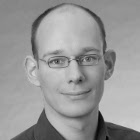
Jens Ludwig
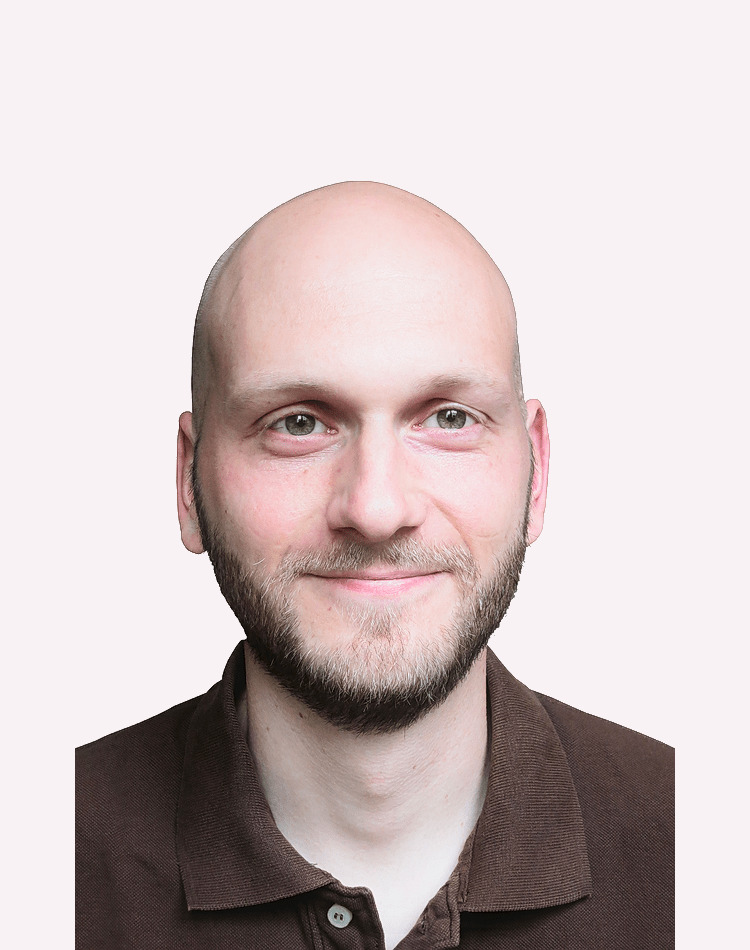
Olaf Michaelis 

Heike Neuroth
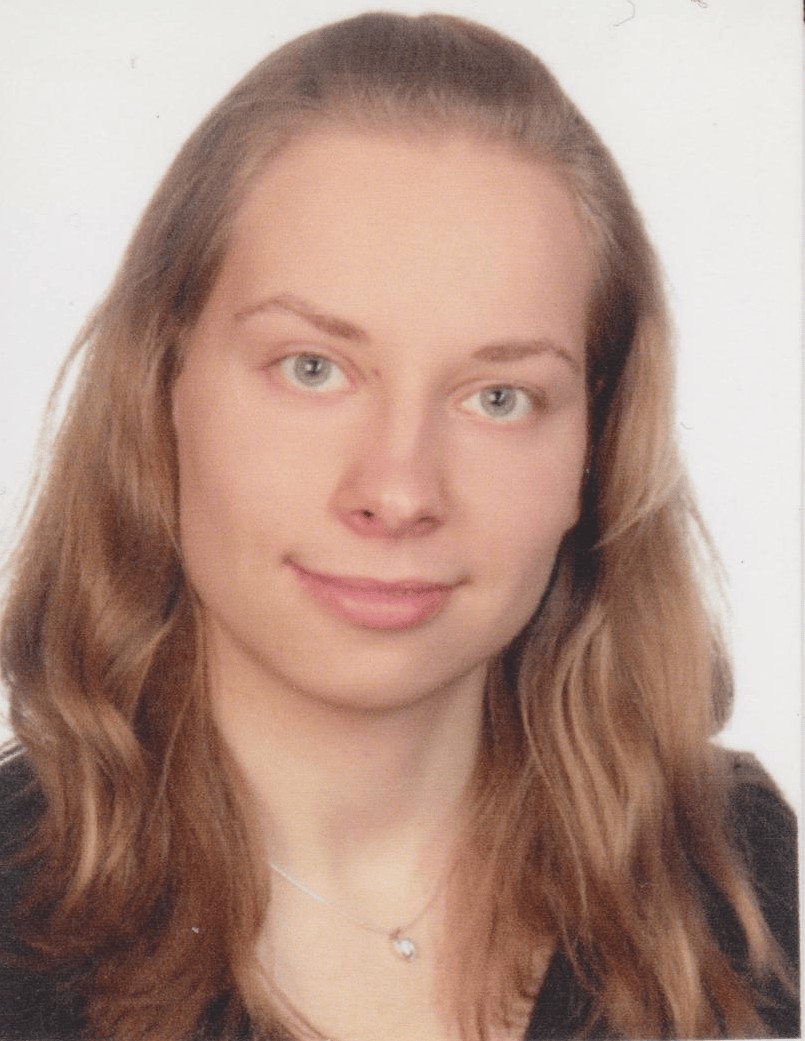
Janine Straka

Robert Ulrich is a research assistant and software developer at the library of the Karlsruhe Institute of Technology (KIT). He coordinates, manages and develops for re3data, the Serviceteam RDM@KIT and other RDM projects. He is responsible for hosting the RDMO instance at forschungsdaten.info.
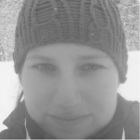
Kerstin Wedlich-Zachodin

Ulrike Wuttke
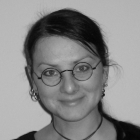
Claudia Engelhardt
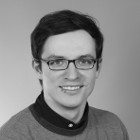
Martin Heger is Master of Information Science (Potsdam University of Applied Sciences). His master thesis is “Data modeling for Research Data Management Plans”.

Frank Tristram is a research associate at Karlsruhe Institute of Technology (KIT). His work focuses on the needs of scientific communities and the transfer of new digital and data-driven methods into scientific practice.
Second DFG-Phase (11/2017 – 4/2020)
In the first phase of the project, RDMO was equipped with the basic features needed to organize data management. In the second project phase, selected functionalities were expanded:
- extending the data model towards task definition and handling
- role based views for stakeholders across multiple projects
- support of repositories and identifier systems to link with data storage systems or long term archives
- support for suggestion of suitable data repositores, and possibly cost estimations based on their terms
- extension of interfaces to authentication and authorisation systems
- participation in the effort of creating an international exchange format for DMP
- improvement of technical installation, maintenance and update procedures
- sustainibility and community building
- dissemination and training
RDMO Working Group (since 2020)
DFG funding for RDMO ended in autumn 2020. At that time, RDMO was already being used at many research institutions in Germany as a tool for the dynamic monitoring of research data management in projects and for the creation of data management plans.
In order to keep the open source software usable and to further develop it, the working group (AG) RDMO was founded with the signing of a Memorandum of Understanding by institutions and individuals.
The way was paved for this at the RDMO community meeting in February 2020 in Potsdam, in which a future organisational structure with various committees was created. This structure is intended to support further development and is detailed in the MoU.
RDMO Association (since 2025)
RDMO has reached the status of a mature software with a big user community. To better satisfy the increasing demands and guarantee continuity and reliability, the non-profit RDMO association was founded on 19th November 2024. The association elects an Executive board, which takes on the strategical lead (until now assigned to the Steering Group); it assigns organisational tasks to a hired office; introduces a structured Release Management. The association members have voting right. As before, the user community gets continuously informed, can express wishes and of course can use the software for free.